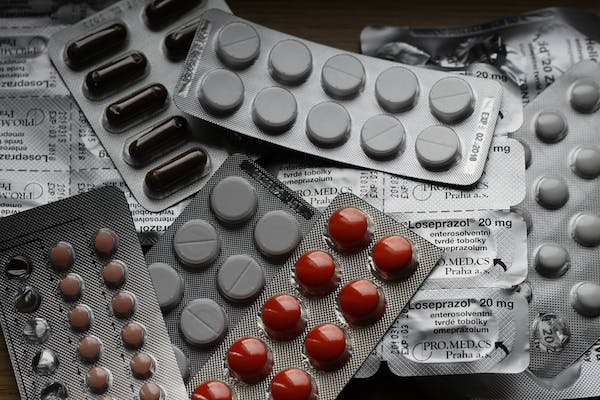
A Pennsylvania pharmacy and its owners have agreed to pay the federal government nearly $5 million to resolve allegations that they billed Medicare and Medicaid between 2018 and 2020 for prescription medicines that were not actually dispensed to patients. As part of the resolution, the pharmacy and owner entered into an integrity agreement with HHS-OIG that permits the pharmacy to remain in business, subject to oversight by an independent monitor.
DOJ Has Extensive Experience with Inventory Fraud
The Department of Justice, particularly the U.S. Attorney's Office for the Eastern District of Pennsylvania, has prosecuted many inventory cases in the last four years. Most, if not all, of these cases involve maintenance medicines, including insulins and inhalers, in addition to other, higher-cost drugs such as HIV anti-virals.
In this case, the government alleged that the pharmacy had billed but not dispensed Latuda, Sprycel, Advair Diskus, Genvoya, Tivicay, Anoro Ellipta, Spiriva Respimat, Januvia, Vanos 0.1% cream, Biktarvy, and numerous other medicines. In addition, the government alleged that the pharmacy had billed Medicare for high-cost formulations of certain medications while dispensing lower-cost formulations to beneficiaries.
DOJ Receives Many Referrals from Keystone and ESI
One of the reasons that the Philadelphia U.S. Attorney's Office has filed numerous cases against pharmacies and pharmacists is their close relationship to payors and PBMs, including Keystone and Express Scripts, Inc. Government agencies typically cultivate relationships with private industry in many sectors, and healthcare is no different. In fact, among government regulators, offices and agencies vie with one another for these relationships and the potential headline-grabbing cases they can generate.
Payors and PBMs also benefit from referring matters to government agencies because the government does most of the investigative work. In addition, government contractors are required by federal and state laws to conduct fraud, waste and abuse monitoring, such as audits, and report actual or suspect fraud to federal or state agencies. In this case, it is likely that DOJ's investigation arose from such a referral.
OIG's Self-Disclosure Protocol May Have Helped
In this case, the pharmacy may have been able to avoid a DOJ investigation and settlement had it triggered OIG's self-disclosure protocol following an audit in which the inventory discrepancies came to light. As we have written about previously, OIG's program permits providers to disclose certain conduct to the federal government, including false billing or kickbacks, and limit their liability for those claims. You can access our prior article HERE. OIG's self-disclosure program, however, is very complicated, and should only be used in the right circumstances. Whether to self-disclose or not is a decision that should only be reached with the assistance of qualified counsel based on a number of fact-specific considerations.
HLA Specializes in Pharmacy Defense
We have handled numerous cases with the Philadelphia U.S. Attorney's Office and the Attorney General's Office for the Commonwealth of Pennsylvania. Our goal, however, is for clients to avoid these types of high-risk government enforcement actions altogether. Although that is not always possible, we have developed a number of proprietary techniques and audit strategies to reduce the risk of a government referral, including the use of OIG self-disclosures where appropriate. If you are being audited, don't hesitate to call for assistance.
MORE ARTICLES BY CATEGORY
The 2025 Healthcare Fraud Takedown Is a Warning Shot for Wound Care Providers
Wound care is now an enforcement priority. The 2025 fraud takedown targets skin substitute billing, graft utilization, and Medicare compliance.
Read More >>FDA and Novo’s Uncharted Waters to Exert Pressure on Hims & Hers and GLP-1 Compounders
Novo’s lawsuit against Hims & Hers, coupled with FDA’s referral to the DOJ, marks a direct escalation against 503A compounded semaglutide. If your pharmacy dispenses, compounds, or markets GLP-1 therapies, this is not a headline, it is a regulatory turning point.
Read More >>What Wells Pharma v. Zyla Life Sciences Means for Compounding Pharmacies and Outsourcing Facilities
A pending Supreme Court case could reshape how compounding pharmacies face litigation under state unfair competition laws tied to FDA approval standards.
Read More >>Health Law Alliance Welcomes Compounding Expert Pharmacist-Attorney Dr. Martha Rumore as Of Counsel
Health Law Alliance adds powerhouse Pharmacist/Attorney Dr. Martha Rumore to their team of boutique healthcare attorneys.
Read More >>






